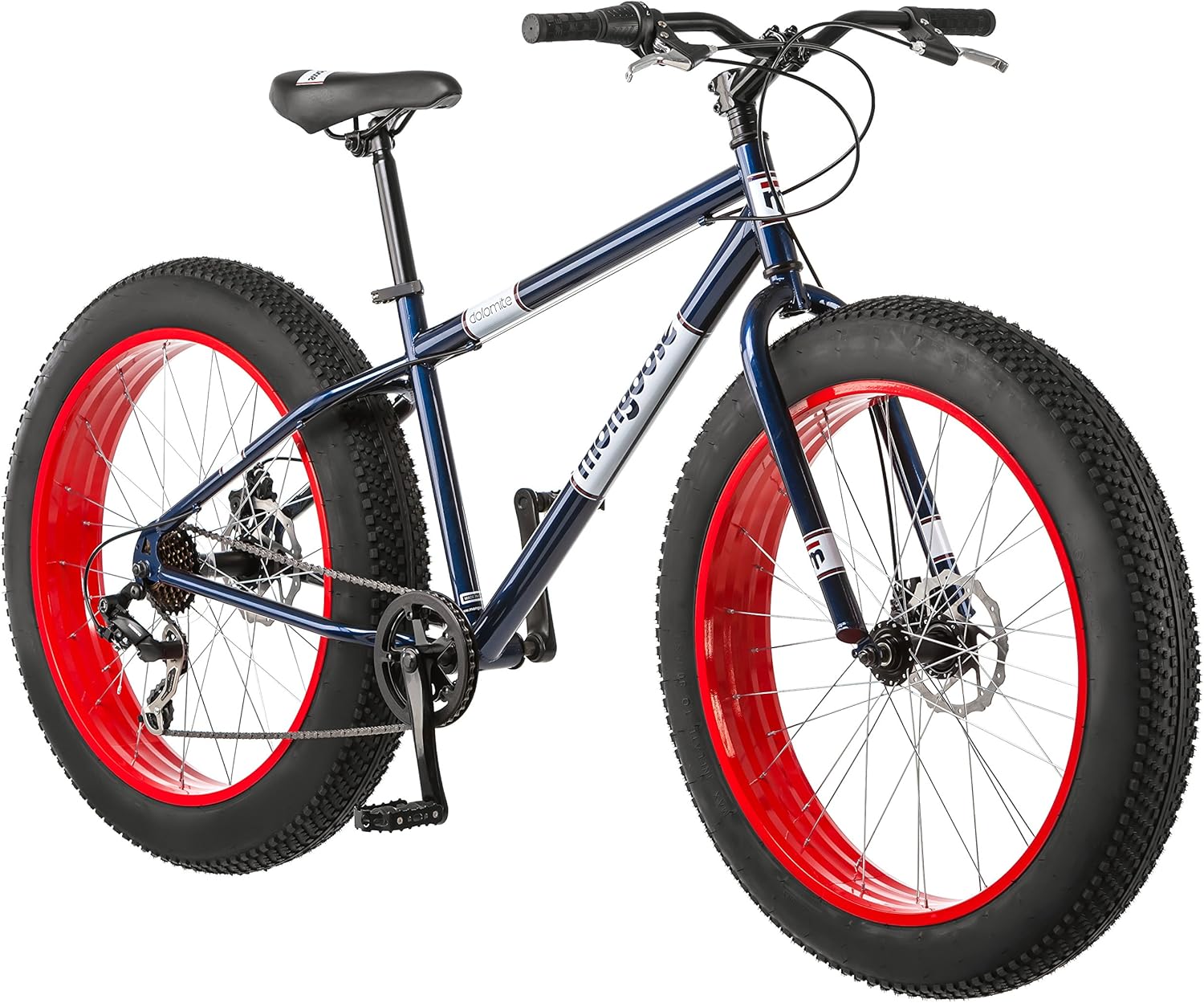Mountain biking is a popular recreational and competitive activity that involves riding a specially designed bicycle off-road over rough terrain. It requires a combination of physical endurance, technical skill, and mental focus to navigate obstacles and maintain control on varied terrain.
Here are some key facts about mountain biking:
- Equipment: Mountain bikes are designed specifically for off-road riding and are built to be more durable and maneuverable than road bikes. They typically feature wide, knobby tires, front and rear suspension, and a sturdy frame.
- Terrain: Mountain biking can be done on a variety of terrain, including trails, single-track, rocks, and steep inclines. Riders must be able to adapt to changing conditions and maintain control in challenging environments.
- Skill level: Mountain biking requires a combination of physical fitness and technical skill. Riders must be able to handle their bike at high speeds, navigate technical terrain, and maintain balance on uneven surfaces.
- Safety: Mountain biking can be a dangerous activity, and riders should always wear appropriate safety gear, including helmets, gloves, and knee and elbow pads. It is also important to ride within your skill level, and to always be aware of your surroundings.
- Health benefits: Mountain biking is a great way to improve physical fitness, including cardiovascular health, muscle strength, and endurance. It can also be a great way to reduce stress and improve mental focus and cognitive function.
In conclusion, mountain biking is a popular recreational and competitive activity that requires a combination of physical endurance, technical skill, and mental focus. It can be a fun and challenging way to explore the outdoors and improve overall health and fitness. However, it is important to approach the activity with caution and always ride within your skill level to ensure a safe and enjoyable experience.
DISCLAIMER:
This information is not presented by a medical practitioner and is for educational and informational purposes only. The content is not intended to be a substitute for professional medical advice, diagnosis, or treatment. Always seek the advice of your physician or other qualified health care provider with any questions you may have regarding a medical condition. Never disregard professional medical advice or delay in seeking it because of something you have read.
Since natural and/or dietary supplements are not FDA approved they must be accompanied by a two-part disclaimer on the product label: that the statement has not been evaluated by FDA and that the product is not intended to “diagnose, treat, cure or prevent any disease.”

